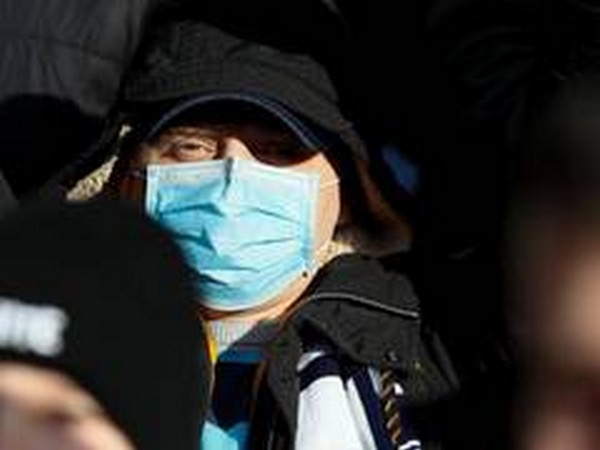S.Korean doctors strike over health plans as new coronavirus cases climb
About a quarter of South Korea’s medical clinics closed on Friday for a one-day strike in protest at government plans to train new doctors, as the country reported the highest number of domestic coronavirus cases since the end of March. The government plans to increase the number of medical students by 4,000 over the next 10 years, which it says is necessary to be better prepared for public health crises like the coronavirus pandemic.

- Country:
- Korea Rep
About a quarter of South Korea’s medical clinics closed on Friday for a one-day strike in protest at government plans to train new doctors, as the country reported the highest number of domestic coronavirus cases since the end of March.
The government plans to increase the number of medical students by 4,000 over the next 10 years, which it says is necessary to be better prepared for public health crises like the coronavirus pandemic. But the Korean Medical Association (KMA), which helped organize the protest, says the country already has more than enough physicians.
At least 8,365 of the country’s total 33,836 medical facilities, including private clinics, had said they would stage a walkout on Friday, but the numbers could rise, Vice Health Minister Kim Gang-lip told a briefing. Hundreds of doctors and trainees were due to protest outside parliament later on Friday.
"The number of physicians per 1,000 people has increased by 3.1% annually for the past 10 years, which is 6 times greater than that of OECD average," KMA said in a statement. The strike comes as South Korea on Friday reported 103 new coronavirus cases, of which 85 were domestic, the most locally transmitted cases since March 31, the Korea Centers for Disease Control and Prevention (KCDC) said.
The new cases, clustered around churches and fast-food restaurants, bring the country's tally to 14,873 infections, with 305 deaths, as of midnight Thursday. Authorities said they were reviewing whether to resume tighter social distancing measures, which could include restricting gatherings to 50 people indoors and 100 outside.
South Korea used invasive tracing and widespread testing to contain its first outbreak of the novel coronavirus, but Asia’s fourth-largest economy has experienced persistent outbreaks in recent weeks, mostly in the densely populated capital area.
(This story has not been edited by Devdiscourse staff and is auto-generated from a syndicated feed.)
ALSO READ
South Korea's Political Turmoil: President Yoon's Impeachment Drama
South Korea on Edge: Yoon Suk Yeol's Trial Amid Safety Concerns
Historic Japan-South Korea Meeting: Restoring Regional Security Ties
South Korea and Japan Strengthen Ties Amid Political Unrest
South Korea to Upgrade Airport Landing Systems










